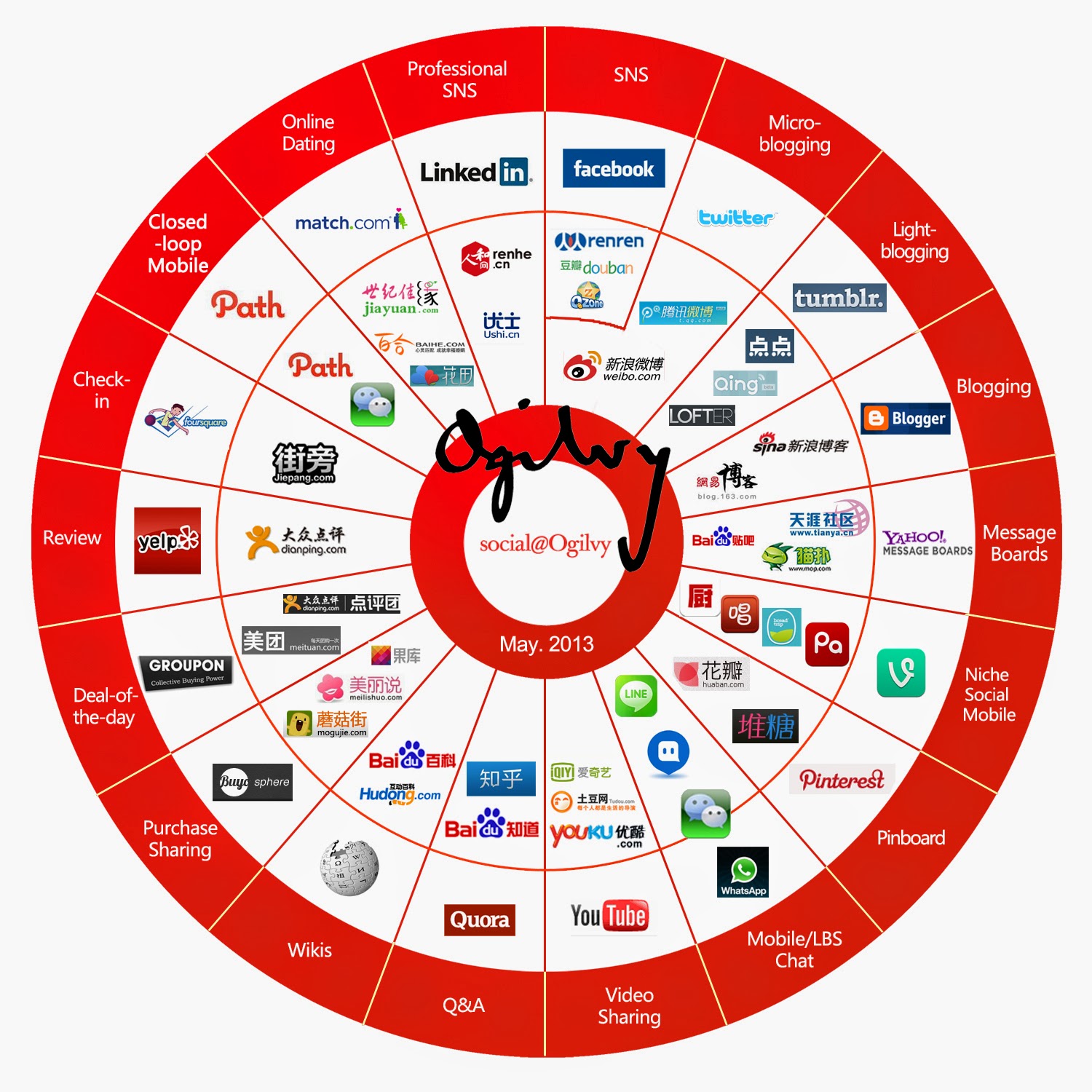Although it has been over 6 years since Groundswell first published, it still has great guiding significance and influence for those who want to open a new door for their business in this information network era.
In Web 2.0 world, we cannot deny the power of the Internet. Because of the Internet, people all around the world can connect with each other without boundary; because of the Internet, everyone can share various information to others; because of the Internet, anyone can be the star and even get money by utilizing the power.
Mark Zuckerberg speaks about the power of the internet and Facebook
However, on the other side, Internet also brings us some hidden dangers. One of the most impressive sentence I read in Groundswell so far is “You can’t take something off the Internet. That’s like trying to take pee out of a swimming pool.” which is Digg member Grant Robertson quoted words from a TV show. That is a very funny but suitable metaphor. For sure, on the Internet, everything spread so fast and no one cannot stop the power. Nevertheless, it also lets people’s privacy expose to the public easily. It reminds me of the recent hot news about Hollywood celebrities leaked nude pictures on line. The victims include 'The Hunger Games' star Jennifer Lawrence, supermodel Kate Upton, as well as Kirsten Dunst, horror movie actress Mary Elizabeth Winstead, and 'Downton Abbey' actress Jessica Brown Findlay.
 Due to those stars’ iCloud were hacked, their nude pictures spread all over the Internet just within several minutes. On Twitter, there are thousands of results about #CelebrityLeakedPhotos and people share the links of the photos constantly. Lawrence, Plaza, Amber Heard, and even FBI did nothing to provoke this kind of blatant violation. This is probably a terrible day for the vast majority of them.
Due to those stars’ iCloud were hacked, their nude pictures spread all over the Internet just within several minutes. On Twitter, there are thousands of results about #CelebrityLeakedPhotos and people share the links of the photos constantly. Lawrence, Plaza, Amber Heard, and even FBI did nothing to provoke this kind of blatant violation. This is probably a terrible day for the vast majority of them.
Some search results for #CelebrityLeakedPhotos on Twitter
I understand the basic human urge behind wanting to pry into celebrities private life. But links to these pictures are bound to be plentiful, especially as more “leak,” and clicking on them only plays into the horrid game being played by the hacker — and anyone who gets their jollies violating women’s basic privacy like this. Actress and fellow victim Meagan Good said in her Instagram post 'For everyone re-posting the leaked nudes? You should be ashamed of yourselves.' As the users and participants on the Internet, people need to let the basic human decency override the instinct to see others’ privacy, and don’t let those hackers win.
Megan Good's Instagram
Actually it is the same goes for the common people. It is just piece of cake to google anyone on line to get his/her personal information, no matter on Facebook, Twitter or LinkedIn, even though you never known and met her/him before.
Internet provides a platform for sharing information while threatening the security of privacy. Preventing Internet violence and protecting private not only needs improving technology of social media platforms, but also needs public to maintain it conscientiously.








